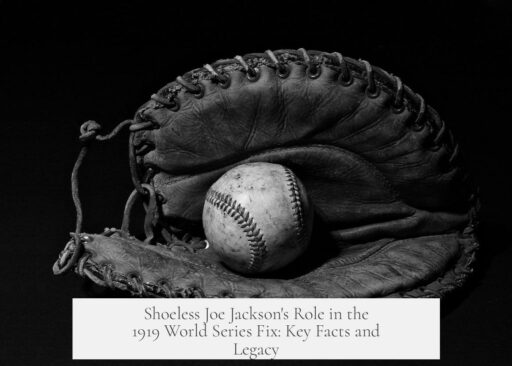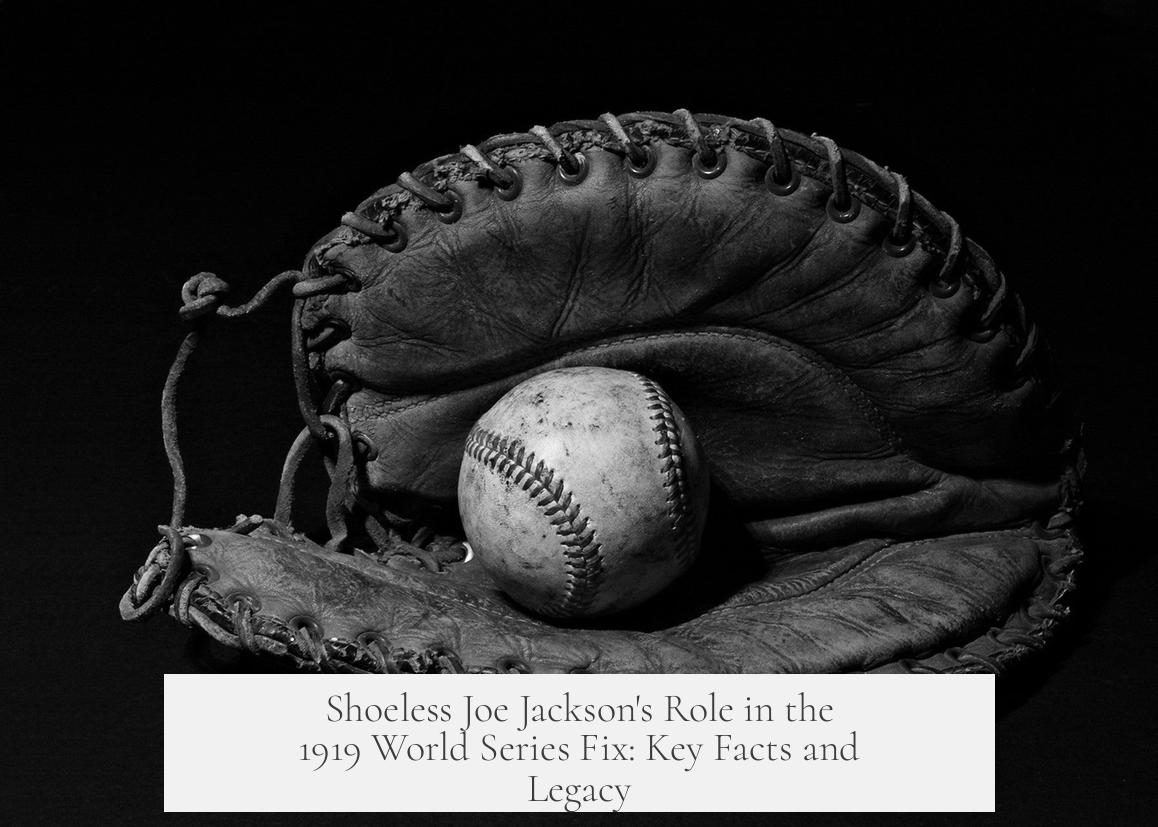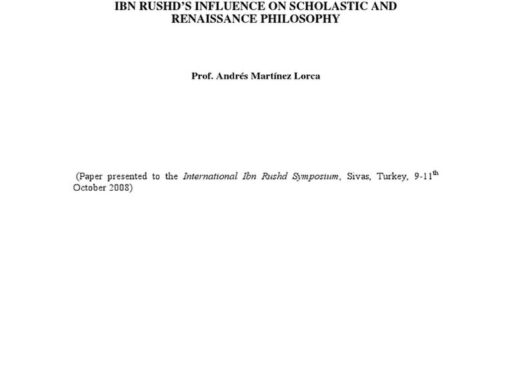Shoeless Joe Jackson was banned from baseball for throwing the 1919 series: What do we know about his involvement?
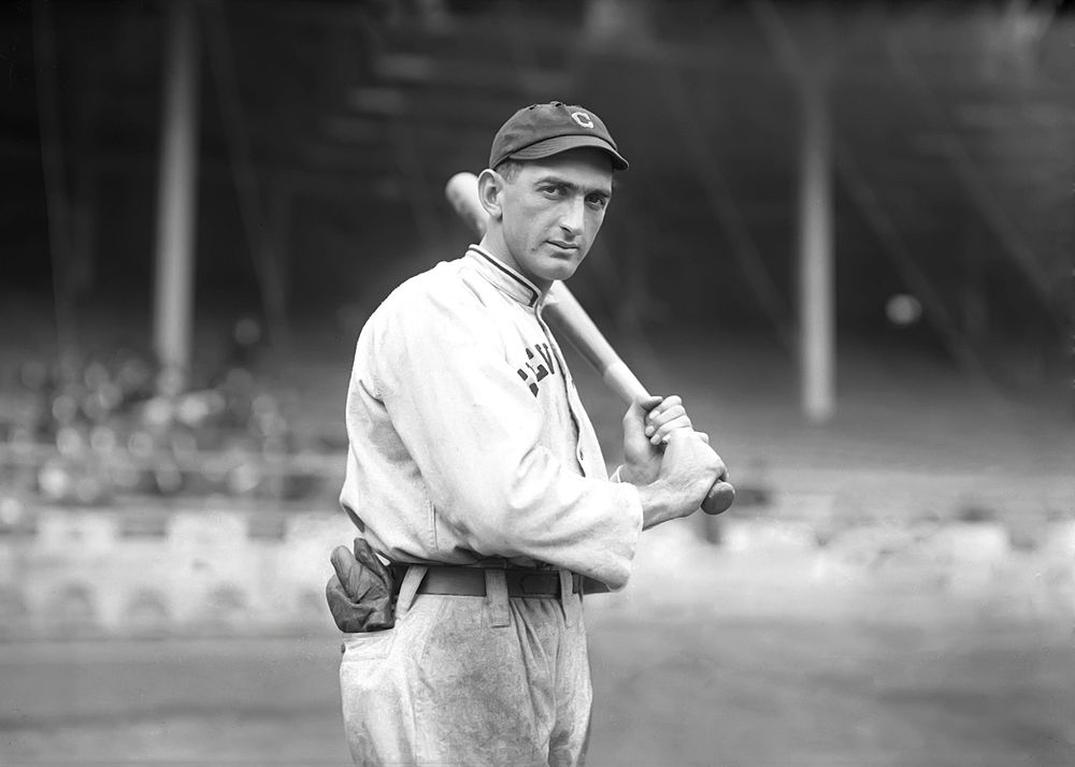
The 1919 World Series scandal centers on several Chicago White Sox players who collaborated with gamblers to deliberately lose the series. Shoeless Joe Jackson, one of baseball’s best hitters at the time, stands among these players. Despite notable hitting statistics, strong evidence and subsequent investigations indicate Jackson participated in the fix, which resulted in a permanent ban from the sport.
The backdrop of this scandal involved widespread gambling and player dissatisfaction. Gambling plagued baseball throughout the 1910s, with cases like Hal Chase openly betting on games. Low player salaries and restrictive contracts with the reserve clause intensified player grievances. This created an environment conducive to game-fixing and illicit activities.
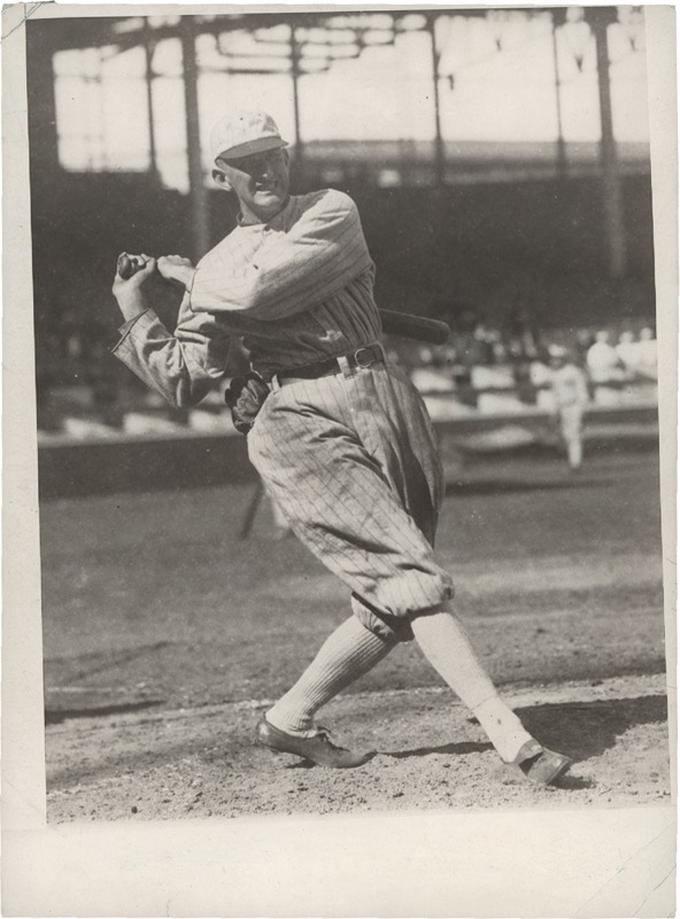
The scheme originated with White Sox players Chick Gandil and Eddie Cicotte, who approached gamblers with plans to throw the Series. They then recruited teammates including Jackson. Rumors about fixing flooded the media and baseball circles even as the Series began. White Sox owner Charles Comiskey admitted in 1930 that he was aware of such rumors by Game 1.
| Aspect | Details |
|---|---|
| Performance of Players | Cicotte and Buck Weaver exhibited extremely poor play early on, unusual for their standards. |
| Team Results | White Sox won only Game 3 initially; pitching and batting improved mysteriously mid-series when additional money demands surfaced, then declined again at crucial moments. |
| Jackson’s Batting Stats | Jackson hit .375 with six RBIs across the Series, a standout achievement compared to teammates. |
Jackson’s strong statistics often fueled arguments in his defense. However, a closer examination reveals most hits came in games the White Sox played seriously to win. During the “thrown” games, his performance notably dropped, hitting only 4 for 16, suggesting selective underperformance.

Following the Series, multiple investigations ensued. Comiskey hired detectives; the American League and local authorities launched inquiries. A grand jury initially focused on another gambling case but expanded to include the 1919 Series under public and legal pressure. Cicotte publicly confessed his role in September 1920, triggering greater scrutiny of others involved.
Jackson initially denied all accusations. He declared willingness to testify and claimed ignorance of any gambling propositions. His statements portrayed him as uninvolved and committed to honesty.
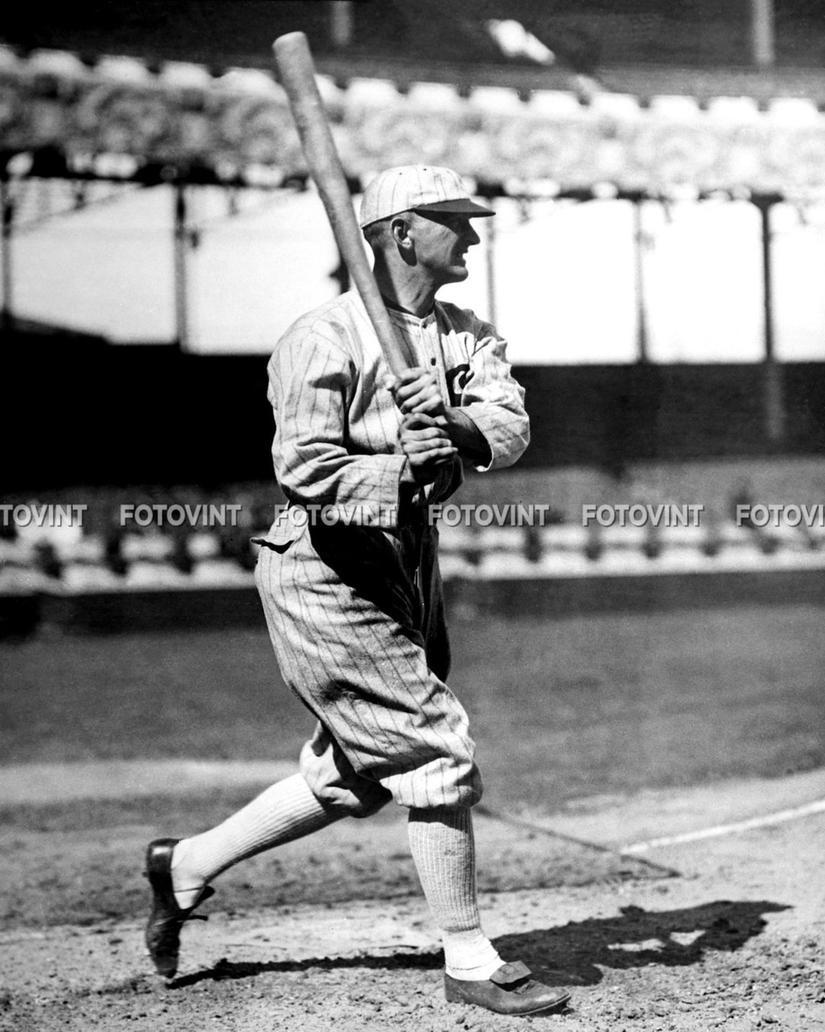
“I am willing to go before anyone at any time, any place to testify to what I know. I know little except rumors… If anyone ever does approach me, I’ll knock their block off.” – Joe Jackson
However, after Cicotte’s admission, Jackson contacted the presiding judge. At this meeting, he misled the judge before eventually admitting his involvement in the fix. Judge Kenesaw Mountain Landis, the federal judge overseeing the case, conveyed in later testimony that Jackson named all conspirators, referred to as “Eight Men Out.”
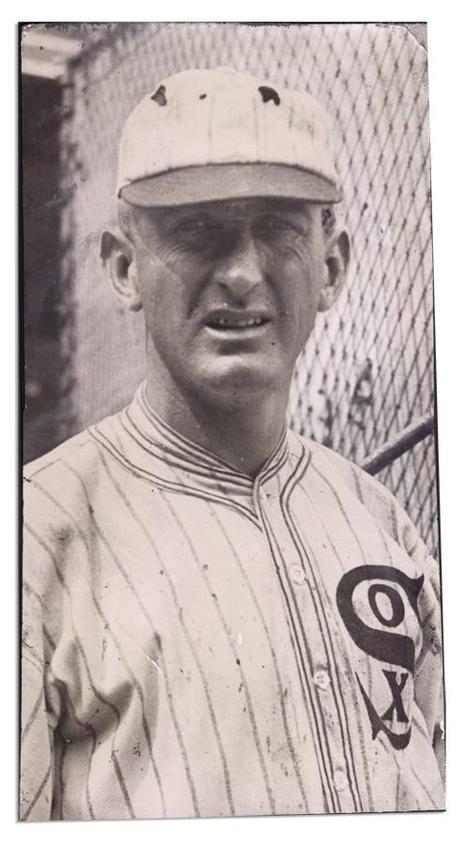
Despite his involvement, Judge Landis noted Jackson did not make obvious errors observable by the average fan but played below his best capabilities. This subtle approach may have helped mask his role during the Series.
Jackson’s lifetime ban from baseball stemmed from his confirmed participation in the fix. He never returned to Major League Baseball. The scandal profoundly changed the sport’s governance, emphasizing stricter anti-gambling rules and integrity enforcement.
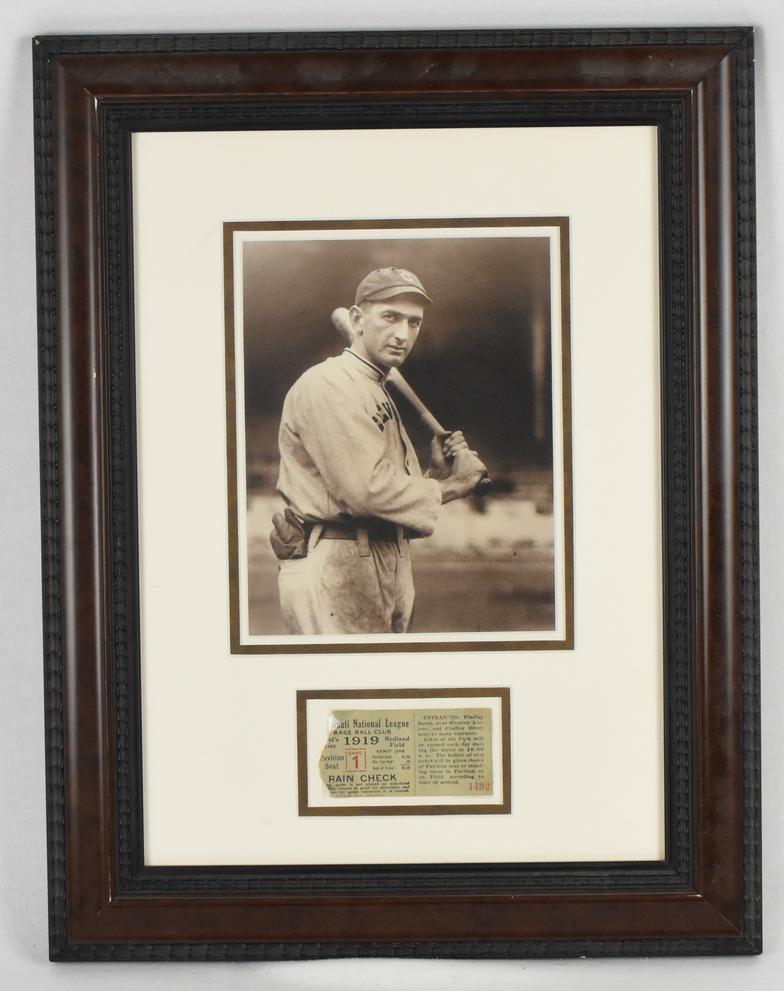
- Jackson was recruited by teammates into the fix plan.
- He hit .375 but performed poorly in games meant to be lost.
- Initially denied, later admitted involvement after other confessions.
- Judge Landis confirmed Jackson’s role among conspirators.
- Lifelong ban from baseball followed his confirmed participation.
Shoeless Joe Jackson was banned from baseball for throwing the 1919 series, what do we know about his involvement?
Shoeless Joe Jackson was indeed involved in the 1919 Black Sox scandal, where several Chicago White Sox players conspired to throw the World Series. Despite his strong statistics and public denials, evidence and later judicial testimony confirm his participation in the fix, although his exact level of intent and effort in the scheme remain debated.
The story of Shoeless Joe is a tangled web of ambition, desperation, and the darker side of America’s pastime. Let’s unravel what we know, straight from the facts and events surrounding one of baseball’s most infamous scandals.
Setting the Stage: Baseball’s Troubled 1919 Climate
Imagine a time when baseball players couldn’t simply pick their team or negotiate better pay. In 1919, the reserve clause tied players indefinitely to their teams. This rule crushed salary growth like a fastball to the ribs, creating dissatisfaction and unrest in the ranks.
Low wages bred vulnerability. Players looked for ways to supplement income, and gambling had infected the league’s veins. It was no secret: stars like Hal Chase openly bet on games—even those of their own teams. A 1917 riot between the White Sox and Red Sox, sparked by disgruntled gamblers, was a violent warning sign of the gambling problem looming over baseball.
How the Fix Got Rolling
The conspiracy started not with the gamblers, but with the players themselves. Chick Gandil and Eddie Cicotte—the ring leaders—approached gamblers first. After sealing these shady backroom deals, they brought in teammates, including Shoeless Joe Jackson.
Can you imagine the tension? Rumors of the fix spread before the series and grew louder as Game 1 commenced. Even White Sox owner Charles Comiskey admitted, years later, hearing these whispers during the opening games.
The Black Sox World Series: A Pattern of Poor Play
The evidence for the fix during the series is hard to ignore. Cicotte and another conspirator, Lefty Williams, had shockingly bad performances in the first two games, far below their usual standards.
The team’s batting slumped badly too. They stumbled through five games with weak offense, only salvaging a win in Game 3 thanks to pitcher Dickey Kerr, who, notably, did not participate in the fix. After demanding more money from gamblers, their play improved—until Game 8, where they collapsed again, sealing their fate.
Shoeless Joe’s Exceptional Performance: An Anomaly?
Joe Jackson’s stats added a confusing twist. He hit .375 in the series with six RBIs, making it seem like he wasn’t part of the fix at all. However, here’s the catch: eight of his twelve hits appeared *only* in games the conspirators intended to win.
In the “thrown” games, Jackson managed just 4-for-16 at the plate. So, while his overall numbers look solid, the detailed breakdown tells a story aligned with the fix.
After the Series: Investigations and Denials
Once the series ended, Comiskey hired private detectives to tail his players. Investigations popped up everywhere—from the American League to gambling circles, all sniffing for truth.
A Cook County grand jury that was already probing a separate game-fixing scandal expanded its pursuit to include the 1919 Series under pressure. This intense scrutiny led Eddie Cicotte to admit his role in September 1920.
Jackson’s initial public stance was heartily defiant: “I know little except rumors… I have never been approached with any gambling propositions. If anyone comes to me, I’ll knock their block off.” Bold words, but we now know a bigger story brewed underneath.
Confession, Courtroom Drama, and Legacy
Following Cicotte’s confession, Jackson called the presiding judge but chose to mislead him at first, before admitting some level of involvement. This wasn’t a simple “I’m innocent” claim anymore.
Judge McDonald later testified during Jackson’s civil suit that Joe Jackson named all the conspirators—the infamous “Eight Men Out.” The judge also remarked that Jackson’s errors were subtle and not obvious to casual observers, yet consistent with not playing to his full ability.
What Does This All Mean for Joe Jackson?
Jackson’s involvement sits in a gray area. Was he fully complicit in throwing games, or did he merely get swept up by teammates? Despite a strong personal performance in part of the series, detailed stats show a dip when the fix was in full swing.
His initial denials followed by a reluctant admission suggest a man caught between loyalty, fear, and self-preservation.
Jackson’s banishment from professional baseball remains one of history’s harshest and most debated penalties. Fans still argue if Shoeless Joe was a calculated villain or a tragic scapegoat in a flawed system.
Lessons from the Black Sox Scandal and Joe’s Story
- Player Rights Matter: The reserve clause created conditions ripe for corruption. Modern free agency exists largely because players demanded fair treatment long after Joe’s era.
- Gambling’s Dangers: The scandal sent a clear message: gambling can ruin sports integrity—and trust once lost is hard to regain.
- Performance Isn’t Everything: Joe’s case reminds us stats alone don’t tell the whole story. Context, motivation, and off-field actions count tremendously.
Would Joe Jackson have remained an eternal baseball hero if he hadn’t been banned? Possibly. Did he throw games? Most evidence points yes, although with complexity. Yet, his story reflects a time when baseball’s darker truths collided with America’s beloved pastime. And for that, the legend of Shoeless Joe endures, complicated and captivating.
So next time you hear about Shoeless Joe Jackson’s ban, remember: his story is not just about a player who threw games, but about a flawed system, high stakes, and a scandal that forever changed baseball.
